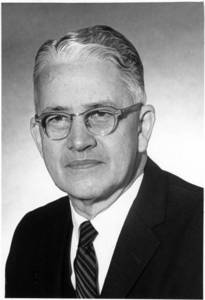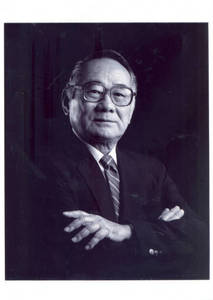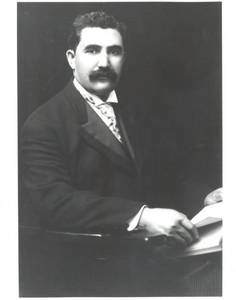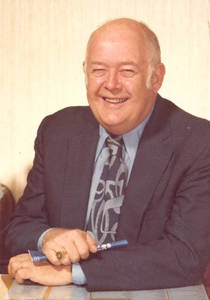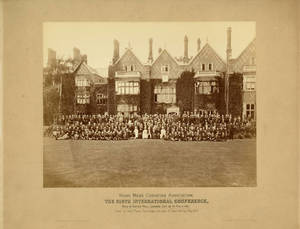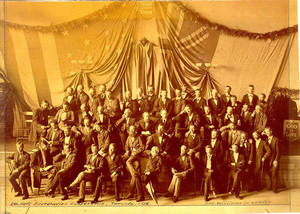Description
James Bunting began his YMCA career as member of the Hi-Y Club while attending Syracuse University. Following graduation, he took a position as associate educational director at the Rochester (N.Y.) YMCA. After 12 years, he moved to the New Haven (Conn.) YMCA as associate general secretary. After completing his master's degree in divinity at Yale, he served as general secretary in Schenectady, N.Y., Newark, N.J., and Washington, D.C. In Newark, he led the first complete merger of the YMCA and the YWCA into one organization, and in Washington, he eliminated segregation at all of the branches. Bunting was appointed national executive director of the YMCA in 1964. During this turbulent period, the YMCA took public stands on a number of important issues of the day, including the Vietnam War, environmental preservation, and civil rights. Under his leadership, the national structure was reduced to eight regional offices and local Ys were, for the first time, required to certify that their policies and practices were non-discriminatory. Bunting retired in 1971.A portrait photograph of James F. Bunting.
Image
Photographs
Text and images are owned, held, or licensed by Springfield College and are available for personal, non-commercial, and educational use, provided that ownership is properly cited. A credit line is required and should read: Courtesy of Springfield College, Babson Library, Archives and Special Collections. Any commercial use without written permission from Springfield College is strictly prohibited. Other individuals or entities other than, and in addition to, Springfield College may also own copyrights and other propriety rights. The publishing, exhibiting, or broadcasting party assumes all responsibility for clearing reproduction rights and for any infringement of United States copyright law.Contact host institution for more information.
